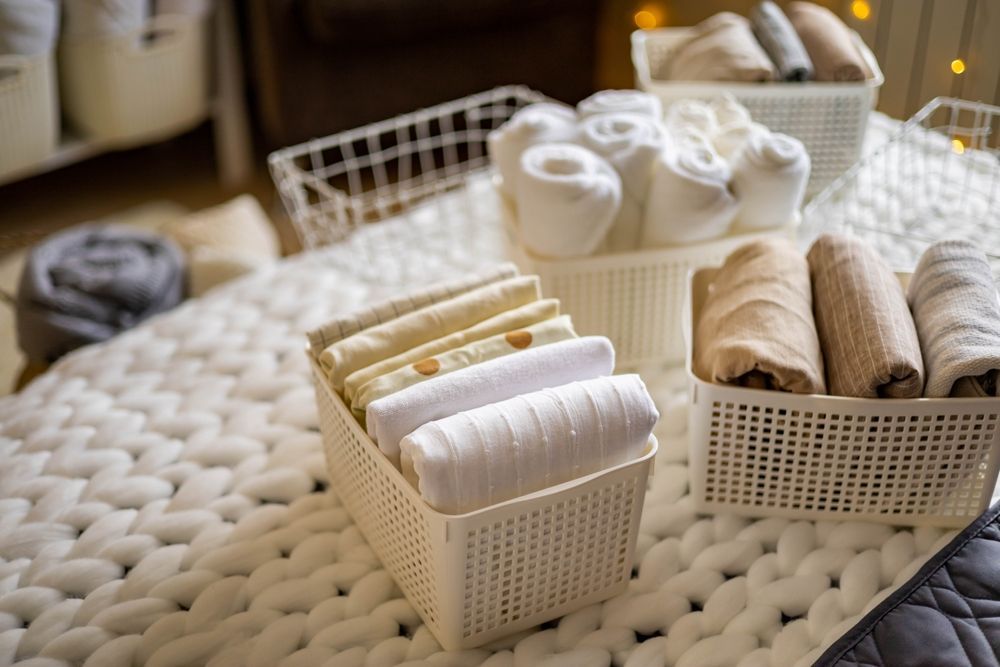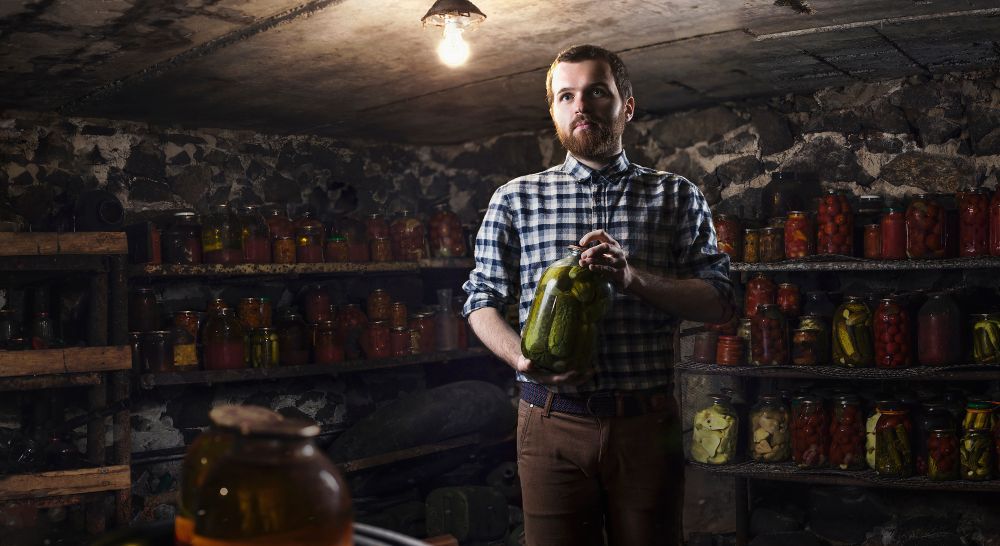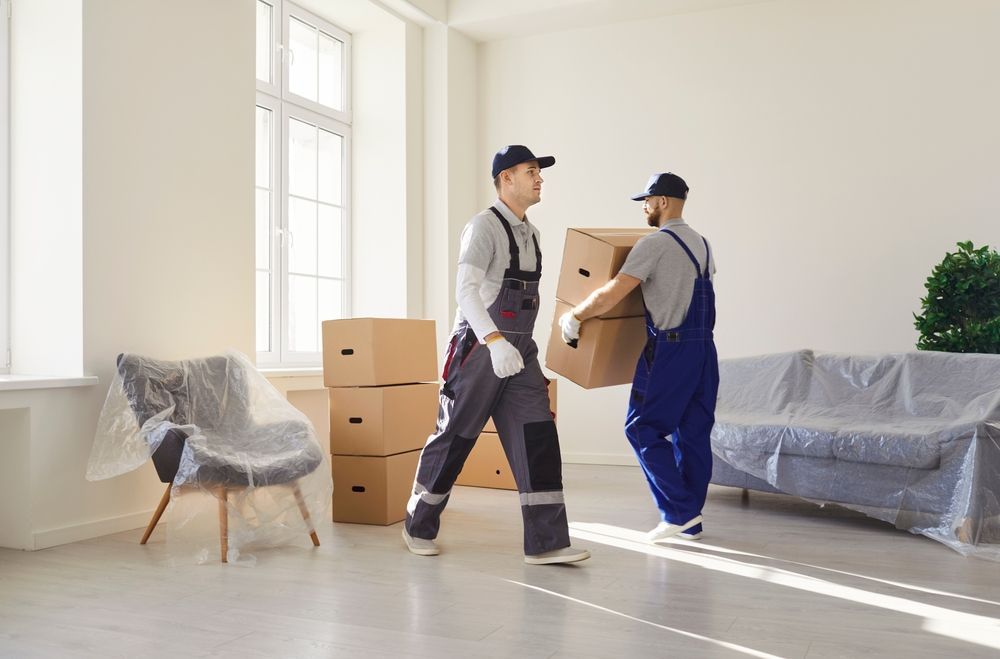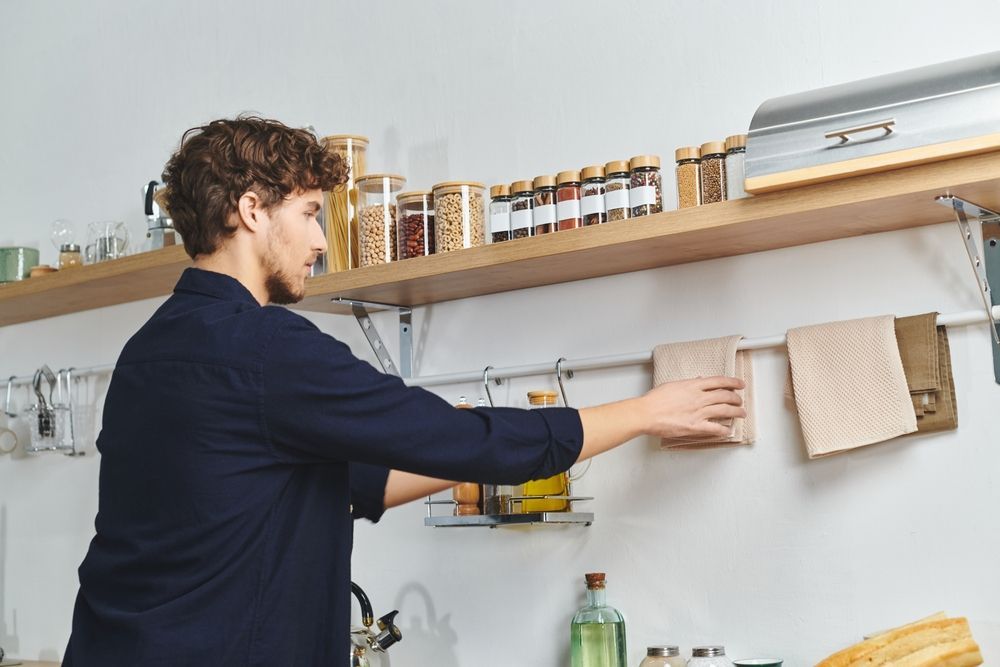What Not to Pack When Moving: Save Time & Stress
Moving can be an exciting yet daunting task. Packing everything up, ensuring items arrive safely, and organizing the move can feel overwhelming, especially when there’s so much to think about. One of the biggest challenges people face is knowing what to pack and what not to pack when moving. Packing the wrong items, or packing them incorrectly, can lead to added stress, delays, or even unexpected costs.
To help make your moving experience smoother and more efficient, we’ve put together a guide on what not to pack when moving, common packing mistakes, decluttering tips, and a helpful packing checklist. If you're feeling overwhelmed by the process and need expert assistance,
The Model Home offers top-notch
home organizing and moving services to simplify your move.
What Not to Pack When Moving: The Essentials to Leave Behind
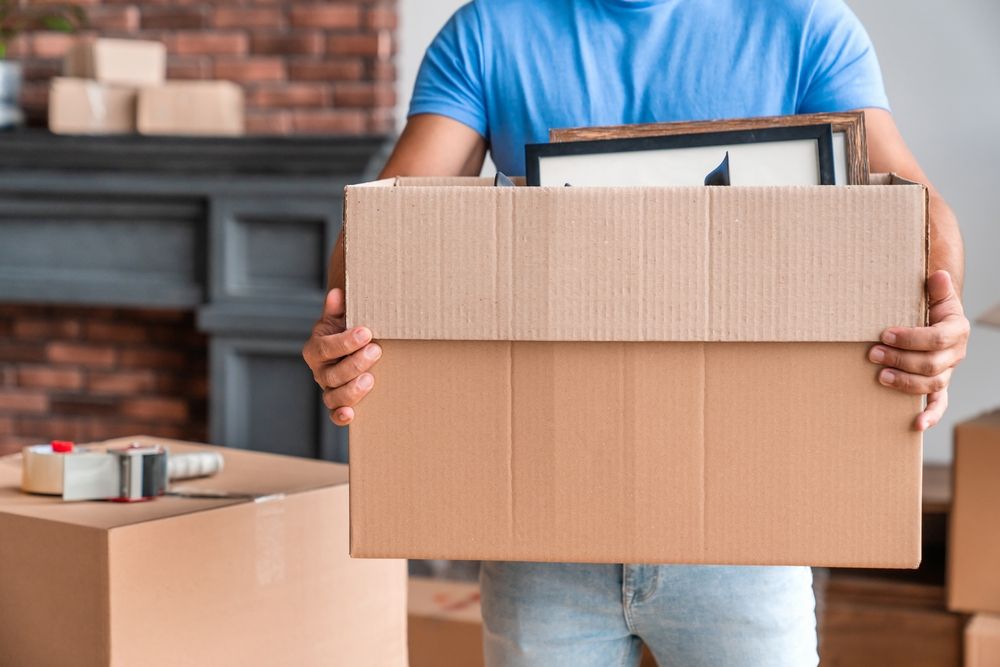
Moving involves more than just throwing items into boxes. The packing process requires strategy, organization, and decision-making. Here are some important items you should not pack when moving:
1. Hazardous Materials
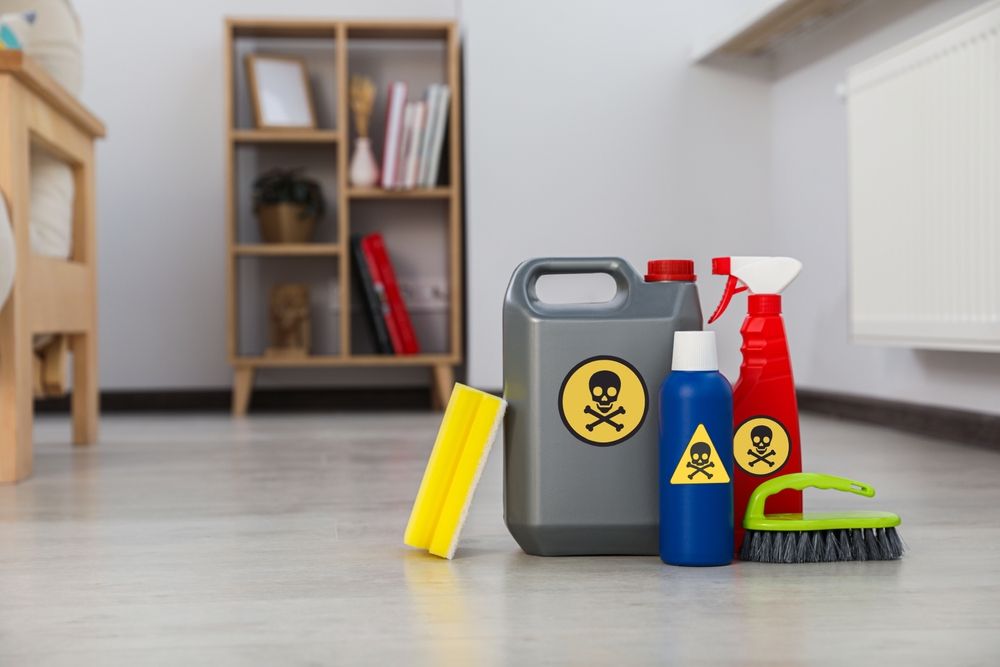
One of the most common moving packing mistakes is trying to box up hazardous materials such as paint, gasoline, bleach, aerosols, and similar chemicals. These items are not safe to transport in a moving truck, as they can spill, leak, or even become flammable under certain conditions. Most moving companies list them as “non-allowables” for this reason.
That doesn’t mean you have to throw them all away. Instead, take a smart approach as part of your
packing checklist:
- Use up what you can before moving. For example, finish open containers of cleaning supplies in the weeks before the move.
- Transport small essentials yourself. Everyday items like basic cleaning sprays or detergents can be kept aside and carried in your personal vehicle so you’re not buying everything from scratch at your new place.
- Declutter before the move. If you have old cans of paint, half-empty chemicals, or products you no longer use, dispose of them responsibly at a local recycling or hazardous waste facility.
By separating what you really need from what you should let go of, you’ll avoid safety issues, reduce clutter, and make your move smoother.
2. Perishable Items

Perishable items such as fresh fruits, vegetables, dairy, frozen foods, and meats should never be packed for a move, especially over long distances. Not only can these items spoil during the move, creating a mess, but they can also attract pests.
Before you move, try to use up or donate perishable items. If you have leftover pantry staples, you can pack those, but be mindful of expiration dates. Packing non-perishable items like canned goods or boxed products is fine, but fresh groceries should be finished prior to moving day.
3. Important Documents and Valuables

When you move, it’s crucial not to pack important documents such as birth certificates, financial records, passports, insurance information, or legal documents. These are items you’ll need immediate access to, and it’s always safer to keep them with you during the move.
For valuables such as jewelry, and cash, pack them separately in a secure, easy-to-access bag or box. It's also a good idea to keep these items with you during the move rather than entrusting them to a moving company.
4. Flammable or Combustible Items
Another big moving packing mistake is forgetting that certain household items are highly flammable and can’t safely go on the moving truck. Things like propane tanks, lighter fluid, fireworks, charcoal, or kerosene are not just inconvenient, they can be dangerous under pressure or heat during transport.
Instead of boxing them up, add these items to your packing checklist as “do not pack.” Here’s how to handle them when you declutter before your move:
- Use them up ahead of time. For example, finish the propane in your grill or the lighter fluid for your fire pit before moving day.
- Transport small quantities yourself. If you absolutely need to keep something like charcoal briquettes, carry them in your own vehicle instead of the moving truck.
- Dispose off safely. If you no longer need these items, check local disposal or recycling options so they don’t end up sitting in your garage.
By planning for flammable or combustible materials in advance, you’ll save time, avoid safety hazards, and keep your move stress-free.
5. Large Furniture You Don’t Need
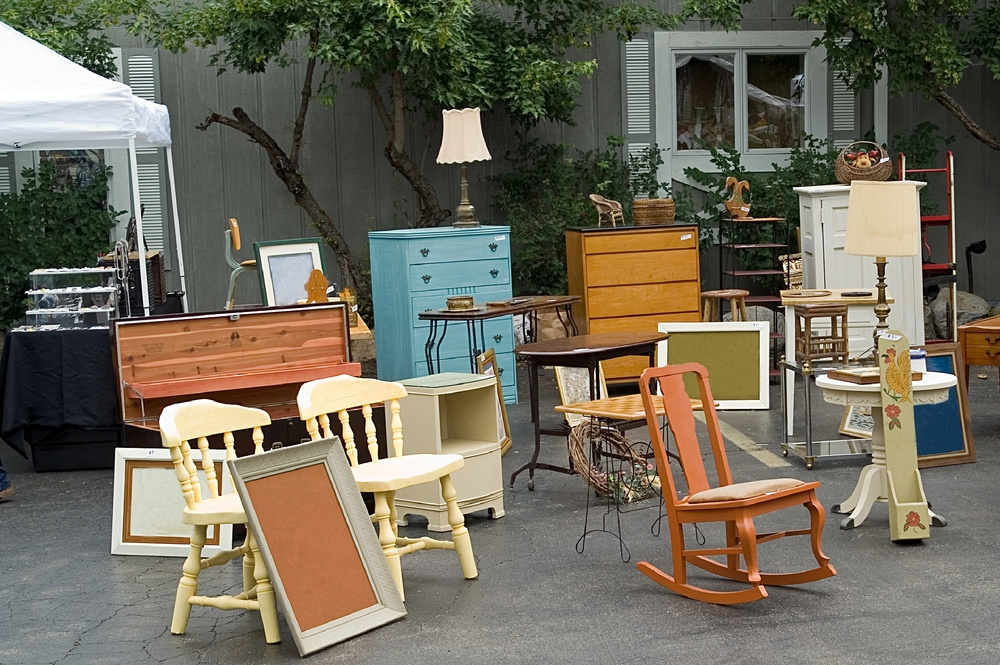
It’s tempting to move every piece of furniture you own, but not all furniture is worth moving. Furniture that’s old, broken, or no longer useful should be left behind. Not only can moving large, unnecessary furniture be costly, but it can also be time-consuming.
Before moving day, evaluate your furniture. Does the couch still fit your new space? Is the dining table too large for the new home? Consider selling, donating, or even disassembling furniture that you won’t need in your new place. This will help you cut down on moving costs and effort.
6. Excess Clothing and Shoes

Clothing and shoes are easy to accumulate over time, but many people move with far more than they actually wear. The months leading up to your move are the perfect opportunity to declutter your wardrobe. Take this time to go through your clothes, shoes, and accessories and decide what to keep, donate, or toss.
Clothes that no longer fit or that you haven't worn in a while can be donated to charity or sold. This will not only reduce the number of items you need to pack but will also make your new home feel fresh and clutter-free.
7. Old Electronics and Appliances
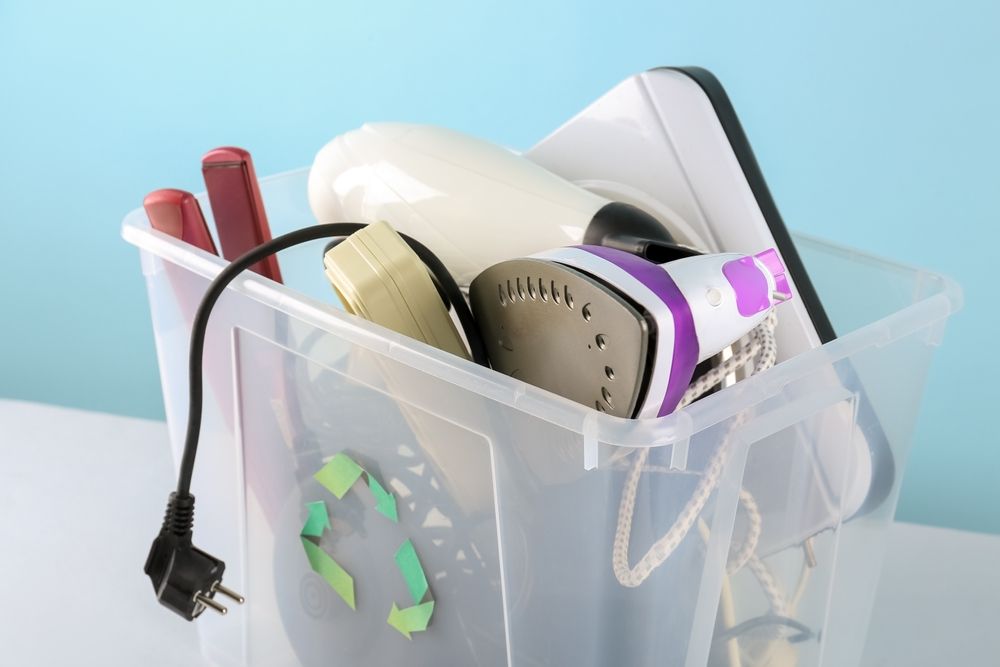
When moving, avoid packing old electronics such as broken computers, outdated televisions, or appliances that no longer work. They’re heavy to carry and often won’t be useful in your new home.
Consider recycling or donating electronics that still have some value. Many stores or recycling programs accept old electronics and appliances for safe disposal. If they’re broken or beyond repair, it’s best to dispose of them properly.
8. Items You Can Replace Easily
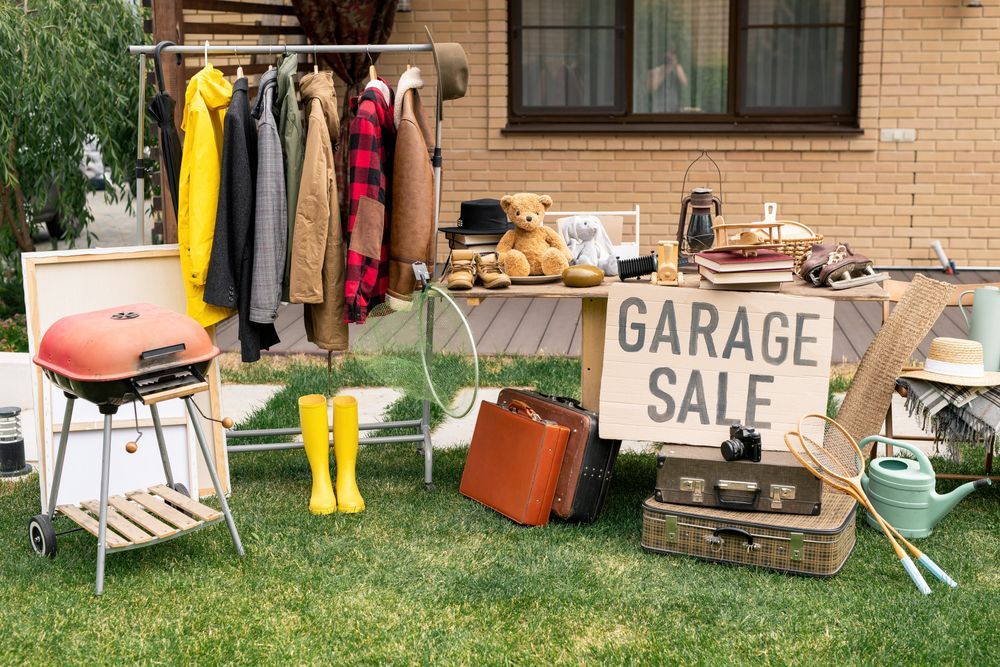
If there are things in your home that you can easily replace once you arrive at your new place, such as old towels, sheets, or inexpensive kitchen gadgets, consider leaving them behind. This will lighten your load and give you an excuse to buy fresh, new items for your new space.
Items like inexpensive dishware, low-cost furniture, and worn-out decor might not be worth the hassle of moving. Leaving them behind can make your packing process much quicker and easier.
Common Moving Packing Mistakes to Avoid
Now that you know what not to pack when moving, it's important to consider the packing process itself. Here are some common packing mistakes to avoid:
1. Not Decluttering Before the Move
Failing to declutter before your move is a big mistake. Moving is the perfect time to get rid of items you no longer need. The more you pack, the more time, money, and energy you’ll spend on your move. A thorough
decluttering checklist will help reduce the number of items you need to transport and allow you to focus on the essentials.
2. Packing Items Improperly
Packing items improperly can lead to damage during the move. Be sure to use the right packing materials such as bubble wrap, packing paper, and sturdy boxes. Don’t overstuff boxes, and make sure fragile items are well-protected. Label each box clearly with its contents and the room it belongs to.
3. Leaving Packing Until the Last Minute
One of the biggest mistakes people make when moving is waiting until the last minute to pack. Start early to avoid the rush. Give yourself plenty of time to pack and make sure everything is organized before moving day. A well-planned packing strategy will help reduce stress and ensure everything is ready to go.
Packing Checklist: Stay Organized During Your Move
Creating a packing checklist can help you stay on track during the moving process. Here's a simple packing checklist to guide you:
1. Four Weeks Before Move:
- Start decluttering and sorting items you don’t need.
- Donate, sell, or dispose of unwanted belongings.
2. Three Weeks Before Move:
- Begin packing non-essential items such as books, off-season clothing, and décor.
- Gather packing supplies (boxes, bubble wrap, labels).
3. Two Weeks Before Move:
- Pack rarely used kitchenware, extra linens, and electronics you won’t need immediately.
- Label boxes clearly by room and contents.
4. One Week Before Move:
- Pack daily essentials you’ll still need access to (clothes for the first few days, toiletries, important documents) in a separate “essentials box.”
5. Day Before Move:
- Finish packing remaining kitchen items, electronics, and last-minute essentials.
- Double-check your packing checklist to ensure nothing is left behind.
Professional Moving Services by The Model Home
Packing and moving can be an overwhelming process, especially if you don’t have the time or energy to do it all yourself. The Model Home offers professional
move management and relocation services to make your relocation easier and stress-free. Their experienced team can help you with everything from packing and decluttering to unpacking and setting up your new home. Whether you need assistance with
packing fragile items or organizing your new space, The Model Home is here to
help.
Conclusion: Make Your Move Stress-Free
Moving doesn’t have to be overwhelming. By knowing what not to pack when moving, avoiding common packing mistakes, and decluttering before the move, you can save time and stress during the process. If you need extra help with packing and organizing, The Model Home offers professional services to ensure a smooth and efficient move.
FAQs About What Not to Pack When Moving
Can I pack my cleaning supplies when moving?
Most moving companies don’t allow cleaning supplies like bleach or other chemicals in the truck, as they can spill or leak. Use up what you can before moving and carry only small essentials in your own vehicle.
Should I pack my food for the move?
Perishable items should not be packed for the move, as it can spoil. Non-perishable items can be packed, but it’s best to use up or donate perishables before the move.
How do I know what to declutter before moving?
Start by evaluating items you haven’t used in the past year. Consider donating, selling, or throwing away things that are broken, outdated, or no longer serve a purpose.
Is it worth hiring professional movers for packing?
Hiring professional movers can save time and reduce the stress of packing. They have experience packing fragile items and can ensure everything is securely packed for the move.



